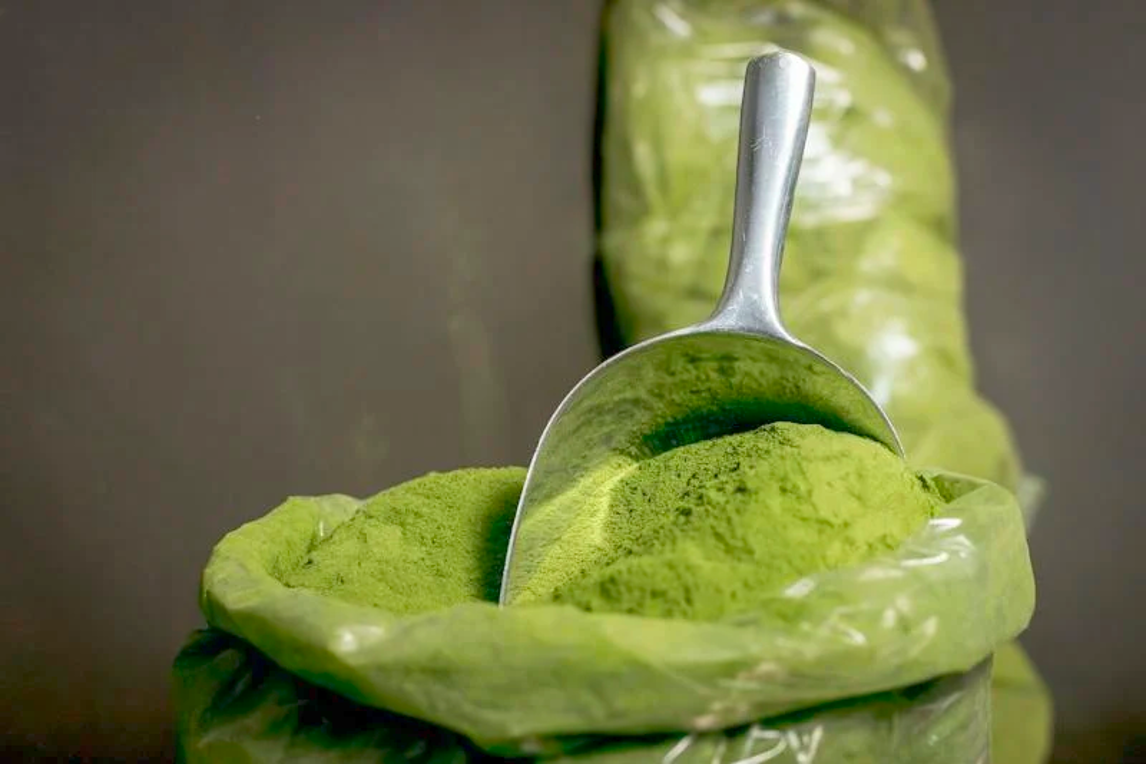Kratom is a famous herb due to its potential medicinal benefits. However, owing to its controversial status and the fact that it can affect the body in similar ways to other controlled substances, many users wonder, “Can kratom cause a false positive on a drug test?”
Whether you’re a student, a professional who works in a safety-sensitive industry, or someone who wants to be informed, understanding the relationship between kratom and drug tests is essential. In this blog, we will discuss kratom drug testing and false positives. So sit tight and get ready to read about the legal side of your favorite herb.

Kratom Drug Testing And False Positives
First, let’s clarify what a “false positive” means in a drug test. A false positive occurs when a substance is mistakenly identified as a drug of abuse during testing. This can happen for various reasons, such as cross-reactivity with other substances or human error during testing.
In the case of kratom, there have been reports of false positives on urine tests for drugs like methadone and opioids. This can be attributed to the fact that kratom contains alkaloids, which can trigger a positive result on some drug tests. However, it’s important to note that this is not a common occurrence, and there are ways to avoid false positives when using kratom.
5 Things You Should Know About Kratom And Drug Testing
The Basics of Kratom’s Compound, Mitragynine
Mitragynine, one of the primary active compounds in kratom, binds to the same brain receptors as opioid drugs but is only considered to modulate their effects. This interaction is why some people refer to it as a ‘legal high’ and raises concerns about its impact on drug screenings. Mitragynine is known to be detectable in urine tests.
Different drug tests have different sensitivity levels: they can vary in their ability to detect kratom, as it depends on the type of test being used and its cutoff level. For example, a urine test with a lower cutoff level may be more likely to detect it compared to a hair follicle test. It’s important to know what type of test is being administered and its sensitivity level to understand better the likelihood of kratom showing up on a drug test.
The Potential for False Positives
Although standard drug tests are not designed to detect the presence of mitragynine, dependence on kratom products can lead to cross-reactions in some tests designed to detect other substances. These can include immunoassays and quick, preliminary tests often used to screen for multiple drugs with a single sample.
The probability of a false positive result varies based on the test type and mitragynine concentration. Nevertheless, confirmatory tests like gas chromatography-mass spectrometry (GC-MS) or liquid chromatography-tandem mass spectrometry (LC-MS/MS) are usually used to eliminate inaccurate outcomes and obtain precise identification of substances found in the sample.
Factors That May Influence the Risks
Several variables can influence the chance of a false positive result due to kratom consumption. The purity and potency of the product, individual metabolism, and the specific drug test used can all play a role in the outcome.
To mitigate these risks, it’s crucial to source kratom from reputable suppliers who provide detailed information about the product’s content and to disclose its use to the entity administering the drug test.
The Legal Landscape
Kratom’s legal status varies widely across different regions. In some areas, it’s classified as a controlled substance; in others, it’s freely available as an herbal supplement. This legal ambiguity has implications for the attitudes and policies of employers, with some choosing to test for kratom as a matter of course and others not.
The lack of regulation in the kratom industry can also affect product quality and consistency, potentially leading to unpredictable metabolism and test outcomes.
Navigating Test Results
Suppose you do use it and are confronted with a positive test result for an unintended substance. In that case, it’s important to have documentation of your kratom use, such as receipts and packaging labels from your supplier. This information can help you explain the presence of mitragynine if needed.
Ultimately, openness and communication are key. If you’re scheduled to undergo drug testing and you’ve used kratom, be honest with the party administering the test. This can help manage expectations and provide medical professionals with individual health history data, contributing to better care.

Do Creative People Need to Worry About a Drug Test?
Many creatives, such as writers, artists, and musicians, have praised kratom for its ability to enhance focus and creativity. This raises the question of whether they should be concerned about failing a drug test due to their use of this natural substance.
While it’s essential to consider individual factors that may affect drug screening results, the truth is that any substance has the potential to cause a false positive. As such, it’s always wise to disclose any drug use, including kratom, to the entity administering the test and have documentation available if needed.
Kratom may not be as universally recognizable as other controlled substances, but with growing interest in its potential benefits, it’s important to stay informed about its impact on drug screenings. Awareness of these five points can help you make informed decisions and navigate any challenges that may arise related to drug testing. So, it’s important to stay informed about its impact on drug screenings and know the potential risks and mitigating factors involved.
Conclusion
In conclusion, while there is a potential for false positives on drug tests due to kratom use, it’s not a common occurrence and can be avoided by taking necessary precautions. It’s important to understand the basics of kratom’s compound, mitragynine, and the potential risks involved in drug testing. Factors such as product quality and individual metabolism can also influence test results, making it crucial to source it from reputable suppliers and disclose its use to the entity administering the test. Ultimately, open communication and proper documentation can help navigate any challenges that may arise related to drug testing and ensure better care for individuals using kratom. As with any substance, it’s always important to be informed and make responsible decisions about its use.





